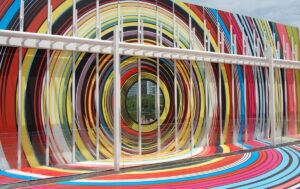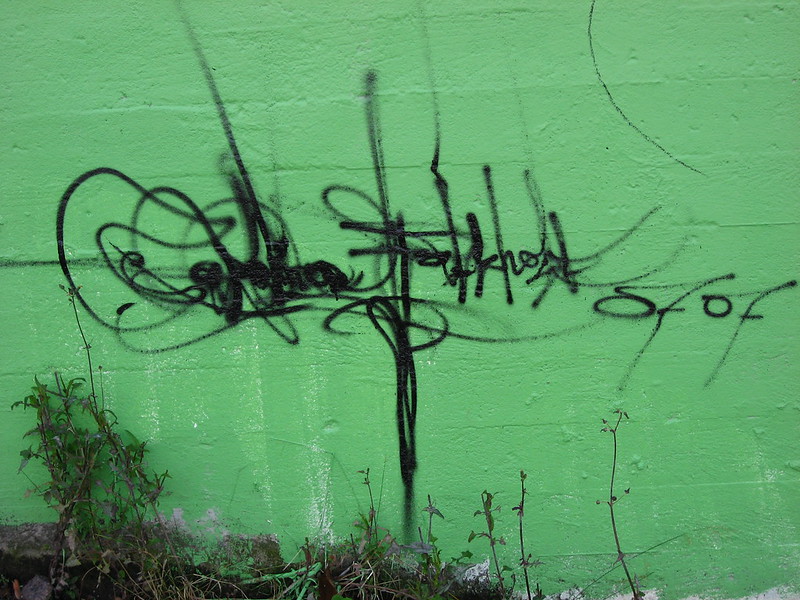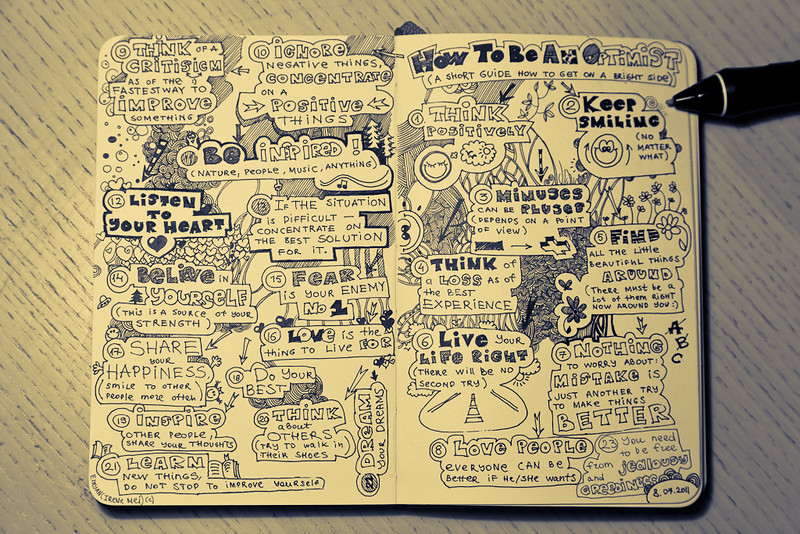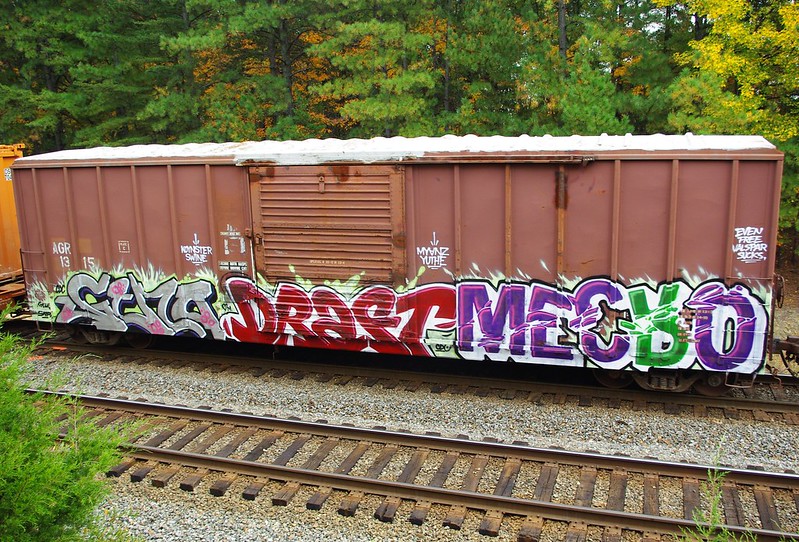Week 2: Understanding the term “Discourse Community” (DC); Noticing Noticing
Class Info
- Dates: Wednesday, 2/5, Monday, 2/10; college closed on Wednesday, 2/12
- Meeting Info: 11:30am-12:30pm in room N521
Objectives
- To explore the concepts of discourse communities and code switching through our experiences and through our course texts
Action
- Complete any unfinished work from Week 1, including joining and getting acquainted with our OpenLab site.
For Wednesday, 2/5
Reading
- Reading/Writing resource Essay “How to Read like a Writer” by Mike Bunn.
- Play: Trifles by Susan Glaspell
- Classmates’ comments on our site
Writing
- Complete the Introductions discussion, the Noticing discussion before Monday’s class.
- Annotate as you read our course’s texts.
- Contribute to our Noticing Words discussion
In Class, Wednesday, 2/5
- Personal Essay/Newspaper Article: “HERS/ She’s Your Basic LOL in NAD” by Perri Klass (Google Doc version where you can share your annotations)
- re-read and annotate
- The author writes about her experience learning words and abbreviations that medical professionals use, moving from novice to expert and gaining comfort. They use this language not merely to communicate but also to boost their morale, using dark humor to help them get through the upsetting realities they deal with and keep a distance between patient and doctor.
- what’s a passage that stood out to you (enlightening, enraging, confusing, etc) that you want to talk about as a class?
- we have shared language with people, esp with shared slang, shared hobbies–but also shared backgrounds. We speak differently in different situations, whether it’s about using slang or about using difficult words.
- sports language/terminology, work, eg retail, restaurant, related to software or tools, gym, beauty and fashion. shared knowledge of who to follow/watch.
- Slideshow: “Discourse Communities” by Carrie Hall:
- Discussion: what is a discourse community, what are our discourse communities, and why should we care?
- definition: a group that includes or excludes based on saying, doing, being, valuing, believing
- one example: transportation enthusiasts
- What discourse communities are you a member of?
- What discourse communities do you want to become a member of?
- Performing Trifles
- Considering Trifles
- What do we notice about noticing in Trifles?
- What do we notice about discourse communities in Trifles?
- Reflection: what stands out or remains with you from class today? What questions do you have? what do you want to know more about? Answer any or all.
For Monday, 2/10:
Reading
- Read the Personal Narrative “Mother Tongue” by Amy Tan
- Watch the Video, “What is Code Switching?” by Lisa Beasley
- What are the reasons we might code switch? depending on who we’re speaking to, what our relationship is, time and place, situational, authority, age group, ethnic background, level of education, how you want to represent yourself
- Watch/listen to/read other texts about code switching that we as a community find and share in our discussion motivated by Lisa Beasley’s “What is Code Switching”.
Writing
- Contribute a resource and explanation to this discussion motivated by Lisa Beasley’s “What is Code Switching” ideally by Friday, 2/7 to give everyone a chance to read/watch some of the resources before Monday’s class.
- Contribute to our Applying readings to readings discussion about how we can apply some of our texts to understand other texts that we’re reading or writing.
In Class, Monday, 2/10
- Highlights from Mike Bunn’s “Reading Like a Writer”: what does Bunn advise us as writers to notice when we’re reading?
- who is the author?
- what is the purpose of this text?
- who is the intended audience?
- what is the genre?
- is this published writing?
- what kind of language does it use? think about tone, diction, style.
- Discussing “Mother Tongue” by Amy Tan in the context of our code-switching resources:
- Read the text and try to answer the questions Bunn suggests we ask as we read. What else do you notice?
- Discourse communities:
- Noticing words: vernacular, words you don’t know, words you know but don’t understand how they’re being used, words you love, impactful words, highlight things to take notice of, what does this mean about the author or the author’s message, make notes in the margin
- Amy Tan writes, “Recently, I was made keenly aware of the different Englishes I do use.” What are these different Englishes Tan refers to? When, where and how does she use them? What are Tan’s different communities, and what does the essay illustrate about Tan’s feelings about her different communities and the way she moves between these groups?
- What resources did we find about code switching, and how do they apply to Amy Tan and to ourselves?
- Project 1 Overview
- Using your phone or other device, come up with a definition for these important terms: How do we define discourse communities? How do we define code switching? Take note of the sources you use. If you can, add your definitions as a comment on this post.
- discourse community:
- code switching:
- What discourse communities are we members of? what DCs do we feel excluded from? what DCs do we want to join, and how?
- Writing: What are your goals for this semester? What support do you need to achieve these goals? How to they relate to your goals for college, for your career, for your future?
- Next time:
- What DCs do we recognize in this text? in the others that we’ve read this week?
- Presenting proposals.
Photo Credit:
“writing” by ruminatrix via Flickr CC BY-NC-ND 2.0










2 Comments
Add Yours →HI, Professor am in class for the 2-10-2025. I think you made a mistake with the date. You’re welcome!See this comment in context.
HI, Professor am in class for the 2-10-2025. I think you made a mistake with the date. You’re welcome! ok i saw i miss read what you were saying it’s the 2-12-2025 college is close your correct. my bad!See this comment in context.